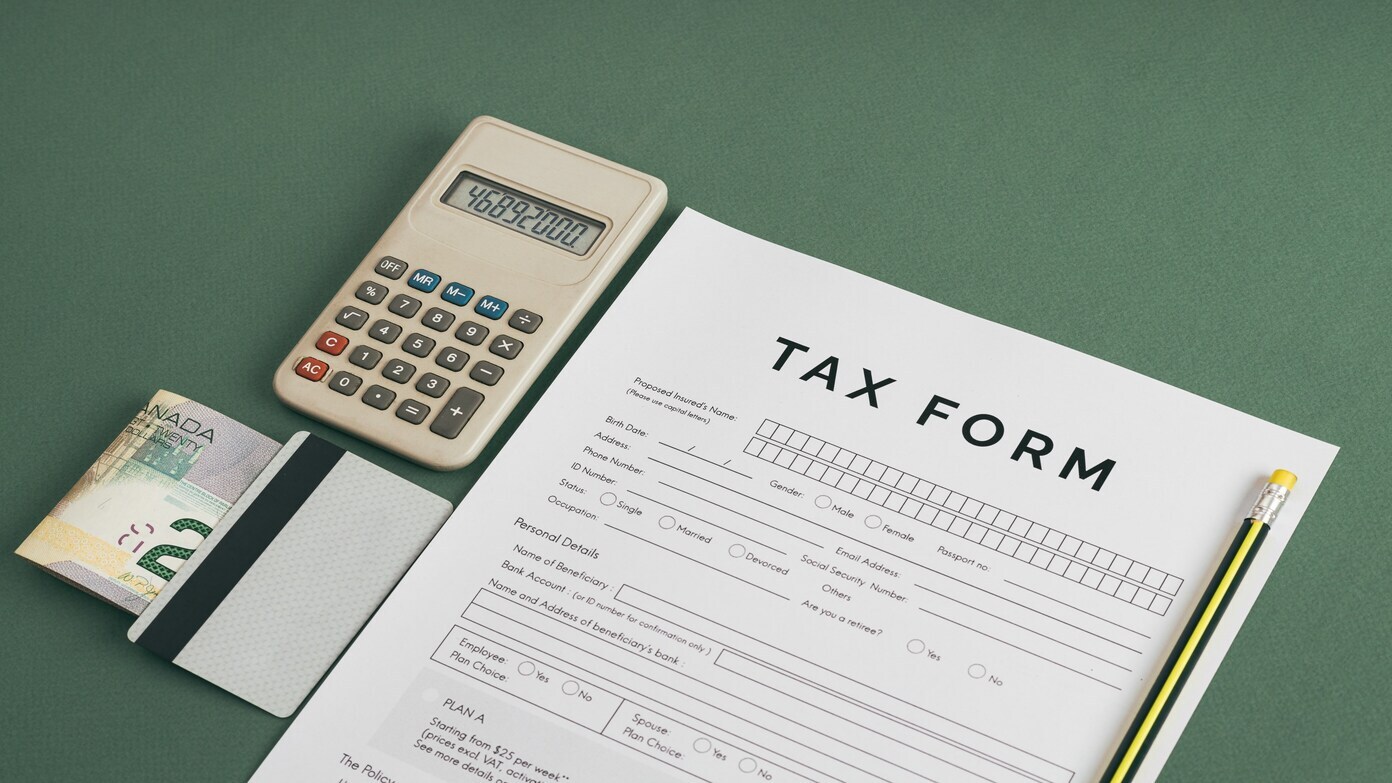A big win for service workers
For millions of Americans, tips are more than just a little bonus—they’re what keeps the lights on and the fridge full. Roughly 4 million workers in the U.S., about one out of every forty, rely on tips to make ends meet. Until now, Uncle Sam treated every single dollar left on a table or added to a credit card slip as taxable income.
But thanks to President Trump’s signing of the “One Big Beautiful Bill” (OBBB) on July 4, 2025, things are changing. The bill includes the long-discussed “No Tax on Tips Act,” a proposal that passed the Senate unanimously, 100-0. That means millions of tipped workers may finally keep more of their hard-earned cash.
How tip taxes worked before
By law, if you make $20 or more in tips in a month, you’re supposed to report it to your employer. Your boss then includes those tips in your paycheck and withholds taxes just like they do for your hourly wage. At tax time, it all shows up on your W-2.
The IRS doesn’t care if the tip was in cash, on a card, or through Venmo—it’s all income. That’s why many servers, bartenders, and other service workers often felt the taxman was dipping too far into their pockets.
What’s new in 2025
Under the OBBB, starting with income earned in 2025, qualifying workers can deduct up to $25,000 in reported tip income from their federal taxes. That’s a big deal for servers, bartenders, hair stylists, nail techs, and other tipped workers.
Here’s the fine print:
- The deduction is temporary, lasting from 2025 through 2028.
- It phases out for higher earners — over $150,000 for single filers, $300,000 for married couples.
- The Treasury Department and IRS will publish an official list of which jobs qualify.
So, while the law doesn’t erase taxes on tips altogether, it does give many workers a major break.
Who benefits (and who doesn’t)
Axios recently reported that 68 job categories will likely be cut. The list includes not just the usual suspects—servers, bartenders, and hotel staff—but also entertainers, musicians, and even some home service providers like plumbers, landscapers, and electricians.
But not everyone is included. Cooks, dishwashers, and back-of-house staff, who rarely see tips directly, won’t benefit. And because about one-third of tipped workers already earn too little to owe federal income tax, they won’t see much change either.
Also, keep in mind: payroll taxes are still in play. Workers will still pay Social Security and Medicare taxes on tips, even if they qualify for the new deduction.
Read this later:
COLA forecast may push 2026 average Social Security check to $2,062
Why lawmakers backed it
Interestingly, this wasn’t just a Republican push. While Sen. Ted Cruz (R-Texas) championed the measure, Sen. Jacky Rosen (D-Nev.) strongly supported it too. Nevada, after all, has the highest share of tipped workers in the nation, thanks to its hospitality-heavy economy.
The cost? The Peterson Foundation estimates the “No Tax on Tips” measure could run the government about $110 billion over ten years. Still, lawmakers on both sides of the aisle agreed it was worth it to help millions of service workers keep more of their money.
What it doesn’t do
Let’s clear up a few misconceptions:
- Not all tips are free from taxes. Only cash tips qualify for the deduction. Credit card and digital tips? Still taxable.
- Payroll taxes stay. You’ll still contribute to Social Security and Medicare.
- Temporary fix. Unless extended, the benefit ends after 2028.
So, while it’s a boost, it’s not a total tax holiday.
What about overtime?
Trump also promised to make overtime pay tax-free. The OBBB delivers on that, too—with a separate deduction. Workers can deduct up to $12,500 (single) or $25,000 (married filing jointly) of overtime income from 2025 through 2028.
What it means for you
If you’re a bartender, server, hairdresser, or anyone else who lives off tips, this law could put real money back in your pocket. For some, it might mean an extra month’s rent covered or simply less stress come tax season.
Still, the rules are complex, and the IRS will be rolling out guidance soon. For now, the takeaway is simple: tipped workers finally got a rare unanimous win in Washington. And that’s worth raising a glass to.

